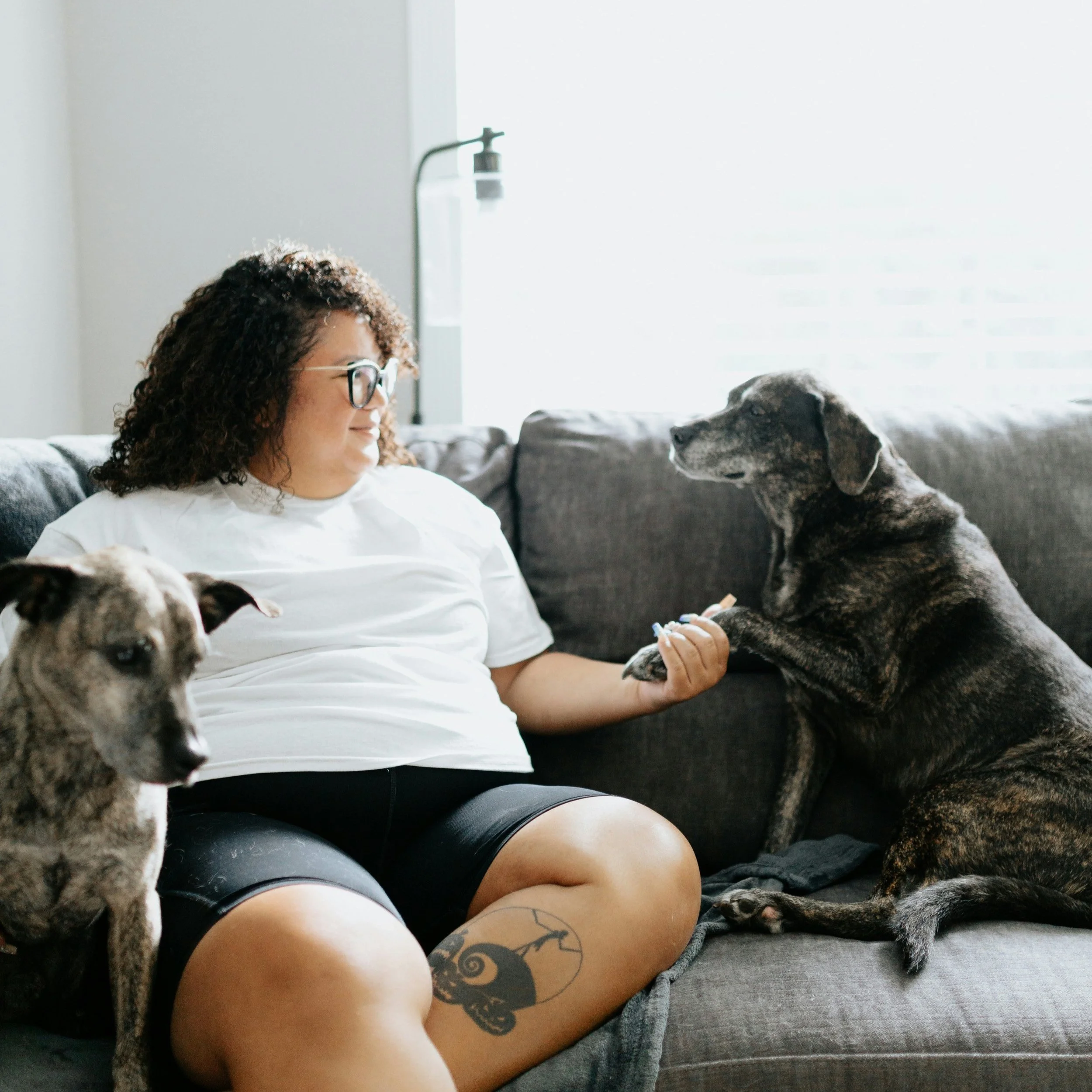Are Dogs Left or Right Pawed? What Science Says About Paw Preference
Have you ever noticed your dog always using one paw first—whether it’s for shaking, reaching, or scratching?
It’s not random.
Dogs, like humans, can be left- or right-pawed. And science has something to say about it.
👣 Paw Preference Is Real—And Testable
A 2006 study published in Behavioural Processes by psychologist Dr. Deborah Wells tested over 100 dogs using tasks like retrieving food or stepping forward.
She found that dogs consistently favored one paw over the other, especially in repetitive tasks.
And like humans, some dogs are:
Right-pawed
Left-pawed
Ambilateral (no strong preference)
🧠 Why Does It Matter?
Paw preference is linked to brain lateralization—how tasks are split between the two hemispheres of the brain.
This can influence:
Emotional reactivity
Learning ability
Stress responses
One study from the University of Adelaide (2021) even found that left-pawed dogs tend to be more reactive or anxious, while right-pawed dogs may be more relaxed and social.
🐕 How to Test Your Dog
Try this at home:
Kong Test – Which paw do they use to stabilize it?
Step Test – Which paw steps forward first when walking?
Paw Offer – Ask for a shake multiple times. Track which paw they give most often.
Do it over 50+ reps to get reliable results!
💡 What Does It Mean for You?
Understanding your dog’s paw preference can:
Help you tailor training
Improve grooming sessions
Provide insight into their stress tolerance
Predict how they might react in new situations
Plus… it’s just plain cool to know if your dog is a “lefty.”
❤️ Final Thought:
Your dog’s dominant paw isn’t just a fun fact—it’s a clue to how they experience the world.
